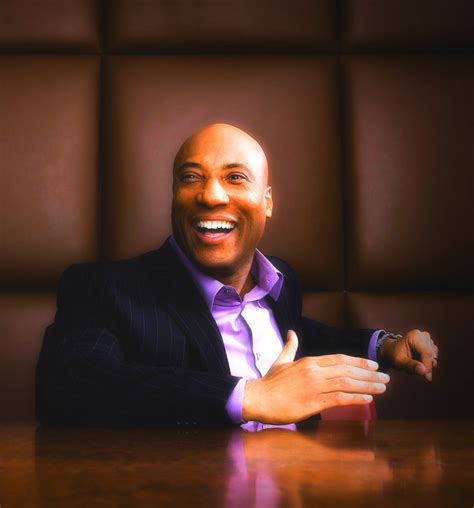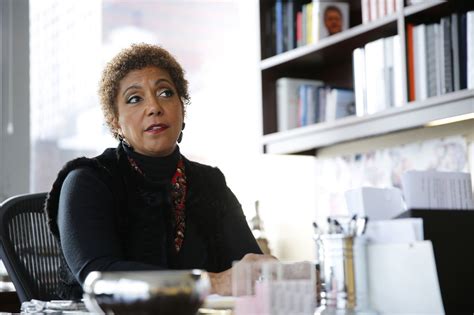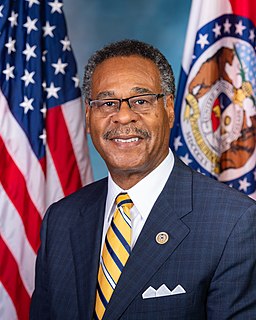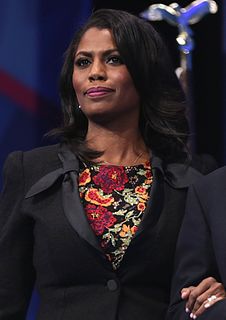A Quote by Byron Allen
I have to have a seat at the table. I have to have a say on how we, as African-Americans, are produced and depicted around the world. Along the way, I'll be very fair to white people.
Related Quotes
What frustrates me is to see African-Americans behave as though what European-Americans say is worthwhile. It simply isn't. It's just some silly people who can make laws and have the power to enforce them. I'm often amazed at the conversations black people have about themselves. They ought to be having these conversations about white people. It's white people who are flawed and at fault.
Very few Black people ever embraced back to Africa movements, and very few actually, a tiny number actually went back to Africa. They said, "We are going to make America live up to the ideals of the Declaration of Independence and the Constitution of the United States." They produced one of the world's great cultures; they produced individuals who were just as brilliant and made contributions to the world civilization. In fact, they produced a world-class civilization, the African American civilization, in music, in dance, in oratory, in religion, in writing.
Many White people are not sensitive to the kind of abuse that African Americans, especially younger African Americans, receive at the hands of police officers and police departments. I think for most Whites their experience with the police has been good or neutral because they don't interact with the police as much as those in the Black community.
If you're looking at the people who head the institutions, there are very few African Americans or people of colour. I'm talking about the major theatres that position themselves as serving all audiences. What you find is, by and large, people who are shaping what we see, and the people who are the tastemakers are white.
Once again it is peaceful at Augusta National Golf Club, after some rather ugly stand-offs in recent years, when the club balked at changing its all-white, all-male membership tradition. African-Americans and female Americans are on the club manifest now along with other golf-Americans, and all is serene once again.
All of you are aware of the tragic history of racism in America, but for a very long time, African-Americans and their white allies came together and they struggled and they stood up for justice and they stood up to lynching and they stood up to segregation and the stood up to a nation where African-Americans couldn't even vote in America.































